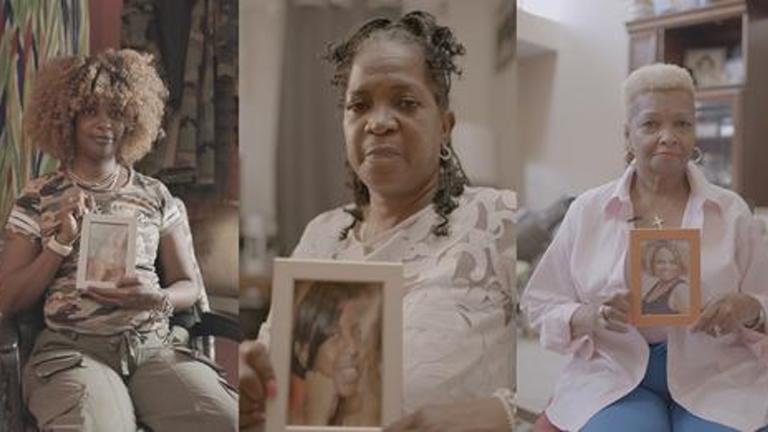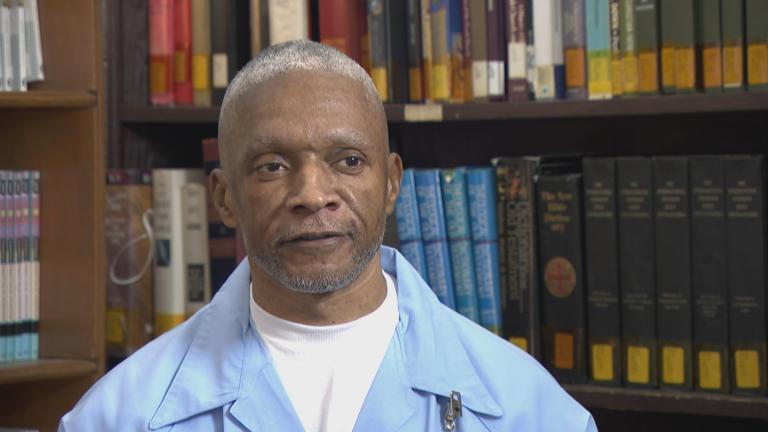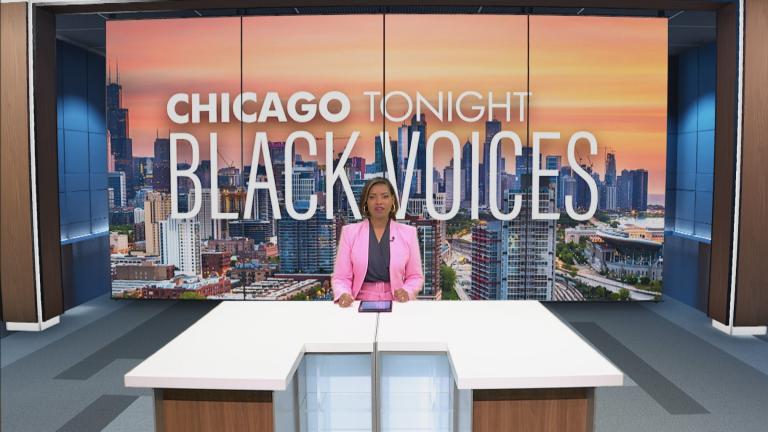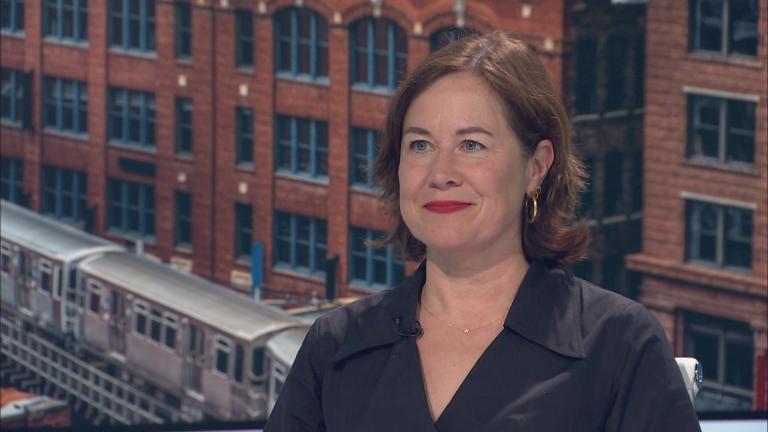A new study on Black homelessness from the University of Illinois Chicago found that Black Americans are four times more likely to experience homelessness than their White counterparts.
But in Illinois the situation is even worse, researchers said, with Black residents of the state eight times more likely to become homeless at some point in their lives.
And in Chicago, while African Americans make up a third of the population, they account for almost three-quarters of those who are unhoused.
The report was produced by researchers at the University of Illinois Chicago in collaboration with the Illinois Office to Prevent and End Homelessness.
The report’s findings prompted Gov. J.B. Pritzker to announce his new budget would include an extra $50 million toward state efforts to end homelessness.
Christine Haley is the state of Illinois’ chief homelessness officer and was a key driving force behind the study.
Haley said that in homeless shelters for single adults in Chicago, about 75% of the residents are Black; for shelters that take families, about 90% of the residents are Black.
“I didn’t understand that disparity and why it was so blatant,” Haley said. “If you pull back to the state of Illinois, we see that Black Illinoisans are about 14% of the population, 30% of those who experience poverty, yet 61% of those who are experiencing homelessness. … The dominant narratives that we hear about what causes homelessness are around bad decision-making or mental illness or substance use. But if we think about the racial disparities that exist, that doesn’t line up.”
Haley said the legacy of systemic racism — including practices like redlining that prevented Black Americans from buying homes in many neighborhoods and from developing generational wealth — should also be a part of the conversation because of the link between poverty and homelessness.
Sherri Allen-Reeves, executive director of the Phoenix Foundation, which provides support services to homeless people, said poverty and the lack of affordable housing are key drivers of homelessness in the Black community.
“I think those two things run hand in hand,” Allen-Reeves said. “And I also think it’s dysfunctional by design.”
She also noted that tearing down housing projects and the displacement of the people who lived in them also contributed to the problem.
“When you think about that and the impact of those thousands and thousands of families who got displaced from their communities, those people scattered all over the place,” Allen-Reeves said. “So that meant more and more families were dispersed, and they lost their sense of community.”
While mental health issues or substance abuse are often cited as reasons why someone may have become homeless, Allen-Reeves said those issues are more likely to be a symptom rather than the cause of someone’s homelessness.
Aïsha Lehmann, a doctoral student at the University of Illinois Chicago and one of the authors of the study, said that in addition to the lack of affordable housing, other drivers of the high rates of Black homelessness included evictions and incarceration.
“It’s very hard to get housing once you have that on your record, particularly when you don’t have family members to help you afterward,” Lehmann said.
Gianna Baker, co-executive director of the Chicago Area Fair Housing Alliance, said the “severe shortage of affordable housing” is hugely significant, with many families having to pay more than 30% of their income on housing.
“So what that really looks like at the end of the day is that once you have paid your rent, you are in a predicament of deciding: Am I going to have enough to actually pay for groceries? For child care? For what I may need for my health?” Baker said. “And so even just having any emergency could end up leading to you becoming homeless. If we’re thinking about just the context specifically of Black homelessness, we have to think about that historic legacy of discriminatory housing policies and programs.”








